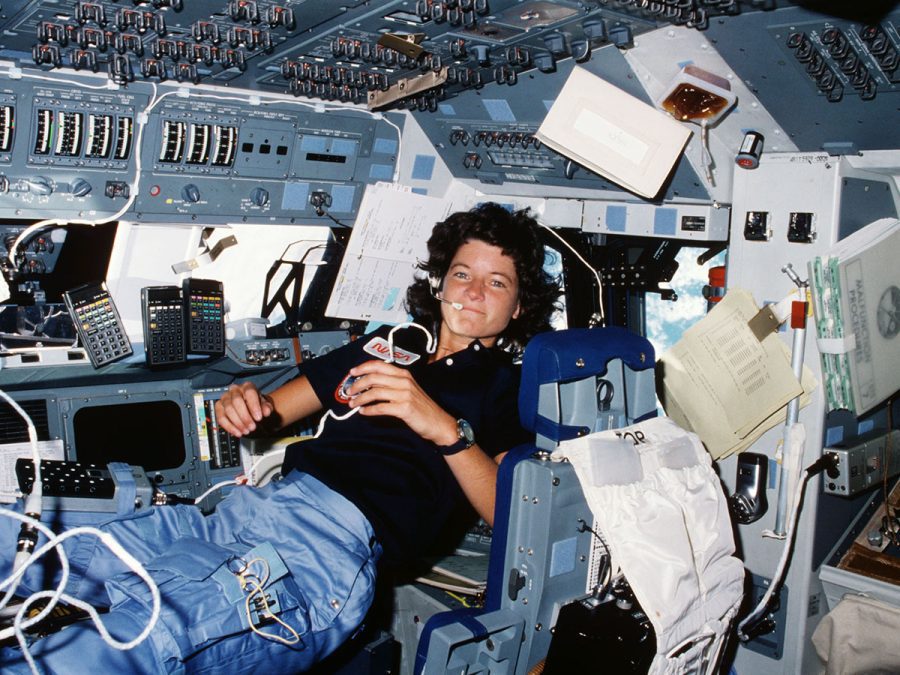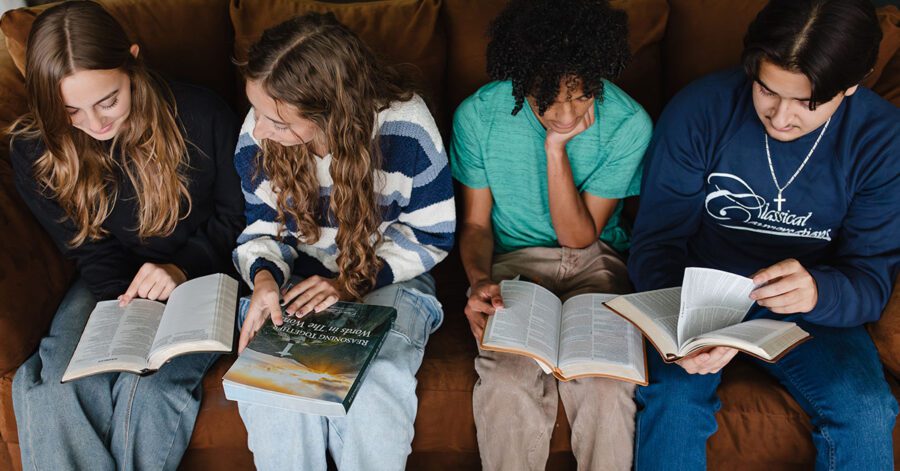On February 28, 1776, George Washington wrote a letter thanking a renowned and talented young poet for the gift of verse honoring his recent appointment as Commander-in-Chief of the Colonial army. The letter read in part, “If you should ever come to Cambridge, or near headquarters, I shall be happy to see a person so favored by the Muses, and to whom nature has been so liberal and beneficent in her dispensations” (Wheatley, 2010). Considering gender and racial inequality during this time, it is remarkable that the honored subject of this praise was not only a woman, but a slave, Phillis Wheatley.
In Celebration of Women’s History Month
March has been designated as Women’s History Month and a time to celebrate the accomplishments and contributions of women, such as Phillis Wheatley, Dr. Sally Ride, and Clara Barton, and their influences on American history. The amazing life stories of these women are an inspiration to all.
Phillis Wheatley
Born in Africa, Phillis Wheatley was brought to the North American colonies as a young child and purchased by John Wheatley of Boston. The Wheatley family educated her and were impressed by her quick, bright, and creative mind. Wheatley studied Latin, astronomy, ancient and modern geography, ancient history, and the Bible (Wheatley, 2010).
In her lifetime, Wheatley’s exceptional talents and humble spirit charmed many admirers in England and America. Friends convinced Wheatley to share her poetry with the world, and today, all Americans can enjoy the beautiful works from this groundbreaking African American poet.
Dr. Sally Ride
In 2022, the U.S. Mint will honor some of America’s most famous women by distributing the American Women Quarters collection. The first two quarters released will feature another beloved African American poet, Maya Angelou, and the first American woman in space, Dr. Sally Ride.
In 1977, NASA placed advertisements in several newspapers, in hopes of identifying women to join their space program. Ride, a candidate in physics doctoral studies at Stanford University, saw the notice and decided to apply. Out of 1,000 candidates, Ride was chosen to join NASA and become an astronaut. In 1983, after concluding a rigorous training program, Ride got her chance to travel to space. On her first mission, she spent seven days aboard the space shuttle Challenger, pioneering the way for other women to join the elite group of Americans who have traveled to space. In all, she served in various roles on three Challenger missions to space. Ride’s desire to inspire young women to study science and math led her to create educational programs and materials called, Sally Ride Science.
Clara Barton
Another educator not known in American history textbooks for her career as a teacher but for her acts of courage and mercy during the Civil War, Clara Barton has rightly earned the name, ‘Angel of the Battlefield’ (History.com, 2009). Barton was born in 1821, and lived in Oxford, Massachusetts. After becoming a teacher at the age of 17, Barton served in this noble profession for 18 years. When she learned there were no public schools in New Jersey, Barton founded a successful free school in that state.
Barton was living in Washington D.C., working as the first female employee of the Patent Office, when the Civil War broke out in 1861. After witnessing makeshift hospitals trying to care for wounded soldiers with few supplies, Barton jumped into action. She became the unofficial quartermaster of these stricken heroes, soliciting donations of food, clothes, and other necessities from family, friends, and fellow Americans. She also worked alongside doctors and nurses to care for the wounded.
In 1862, Barton gained permission to take her skills to the battlefield. Throughout the war, she traveled with the Union army, bravely tending to the injured through fierce conflicts on 16 battlefields. Union surgeon, Dr. James Dunn recalling Barton’s selfless acts, said, “In my feeble estimation, General McClellan, with all his laurels, sinks into insignificance beside the true heroine of the age, the angel of the battlefield” (History.com, 2009).
Barton was instrumental in bringing the International Red Cross to America and became the first leader of the American Red Cross after its inception, in 1881. The American Red Cross extended the organization’s tradition of war-time assistance to relieve the suffering of Americans touched by natural disasters and other catastrophic events. As described in a Classical Conversation favorite, The American Experience Storybook, the American Red Cross’ methods were essential in the recovery from “…Mississippi River Floods, the Texas famine in 1885, the Charleston earthquake in 1886, the Johnstown flood in 1899 …and the Spanish-American War” (Meter, 2019).
Women’s History Month: Great Lives and Lessons Learned
Phillis Wheatley, Dr. Sally Ride, and Clara Barton lived in very different stages of America’s history, but their contributions to its annals are timeless. Their lives illustrate courage, strength, and the determination to pave a way where none exists, a path where a slave became a beloved poet, a girl’s dream took her to space, and a woman’s mercy founded a national charitable organization. Their stories, and those of countless American women, have uplifted and encouraged many. In honor of Women’s History Month, explore the life of one of these or another heroine in history, and be inspired.
Not yet a Classical Conversations member and interested in our community-based approach to homeschooling? We’d love to hear from you! To learn more about us, click here.
Sources
Biography.com Editors (2014, April). Sally Ride. Biography.com Retrieved from https://www.biography.com/scientists/sally-ride
History.com Editors (2009, February). Clara Barton. History.com Retrieved from https://www.history.com/topics/womens-history/clara-barton
Meter, S.B. The American Experience Storybook. Southern Pines, North Carolina: Classical Conversations, Inc., 2019.
Wheatley, P. The Poems of Phillis Wheatley: With Letters and a Memoir. Garden City, New York: Dover Publications, 2010.




